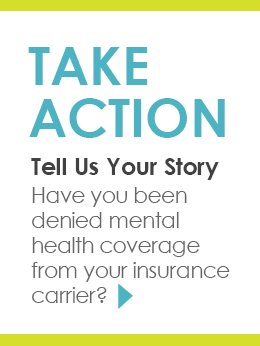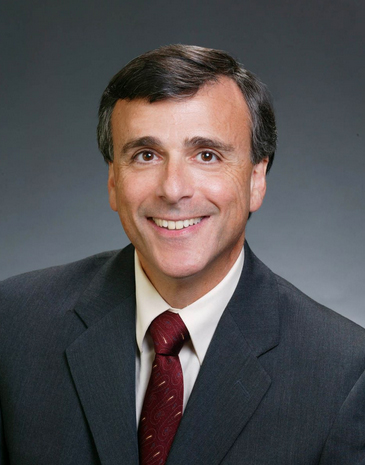
Ken Dolan-Del Vecchio, LMFT, LCSW, DVS, CEAP, SPHR
Vice President, Health and Wellness, Prudential Financial, Inc.
I read Carolyn Beauchamp’s recent post CFYM with interest, but not surprise. Ms. Beacuchamp discusses the inadequacies of insurers’ behavioral health networks and highlights the challenges that insured patients encounter when seeking mental health care. Often network information is outdated or incorrect, and it can be extremely time-consuming and frustrating to obtain an appointment. For someone in a worsening mental health state, such obstacles are frustrating at best, catastrophic at worst.
While Carolyn’s piece sheds light on this important issue, it is—unfortunately—not news to those of us who work in the behavioral health field. As a practitioner, I experienced the frustrations of patients struggling to find an in-network provider or schedule an appointment within a reasonable time frame. Now, in my current role as Vice President, Health and Wellness, at Prudential Financial, I work to combat these challenges and reduce obstacles to care.
Read More














Connect With Us